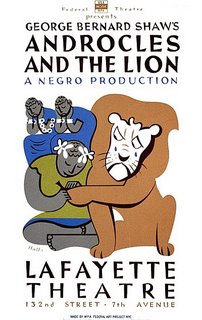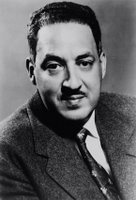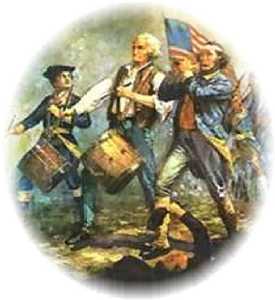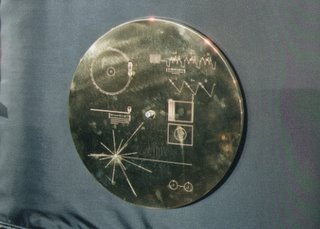Where do baby librarians come from?
Betsy asks below, in Why Do Librarians Eat Their Young?, "why do practicing librarians insist on experience when hiring newly graduated librarians? This seems both impractical and cruel, doesn't it?"
Betsy raises some good points about practical training for law librarians, and in fact that is a major emphasis of the law librarianship program at the University at Buffalo. We do everything we can, short of tackling the students in the hallway and forcing them into a seat at the reference desk, to make sure that our JD/MLS students gain practical experience before they graduate. We do this in a number of ways:
(1) Practicums and internships. This semester we have two students in the MLS program doing practicums with us. We have also been able to place students in practicums in law firm libraries and the Erie County Law Library, and even, for one student who commutes from Rochester, in the Appellate Division Library, the largest court library in western New York. None of this is unusual; most library programs offer credit for practicums, but with a large program it can be hard for students to find a library that is willing and able to host them. That's why I have worked with my colleagues Jim Sahlem, Joan White, and David Voisinet to find practicum opportunites for students who want them.
What probably is unusual is the degree of support and encouragement the JD/MLS program receives from the Law School. Just as students in the MLS program are able to earn credit for practicums, students in the JD program are able to earn three credit hours for doing a law library internship. Requirements for both practicums and internships are similar: students focus their work in one department (most often Reference, but depending on interest and skills it may be in AV, computing services, or technical services), but also spend time observing in other departments. Students also complete a research paper or a project (such as a training manual for a department, or even a video tour), and give a presentation on the project to the law library faculty.
2) Graduate Assistantship. This is our second year of offering a graduate assistantship for an exceptionally qualified student in the law librarianship program. The Graduate Assistant works as an equal member of the Reference staff, staffs the library as the sole Reference librarian on Sundays, and works closely with faculty in our document delivery and research assistance service.
3) Mock Interviews. We are currently in the middle of our annual round of mock interviews. Since our dual-degree law librarianship program tends to attract students interested in academic law librarianship, we want to make sure that our students are prepared for the prospect of a day-long law school library interview. We have three students doing mock interviews this semester.
4) Teaching Legal Research. This is a course I am planning for next spring. Students will be able to take Law Library Administration in the fall, and Jim Sahlem's two-semester courses in Sources of Legal Information. Teaching Legal Research will be more like a clinical course. Students will do extensive reading on the ongoing debates about approaches to legal research instruction and adult learning theory. They will practice doing legal research instruction using a variety of methods, including classroom lecture, demonstration, and simulations, as well as web-based instruction--and even podcasting!
5) Individual Mentoring. An additional benefit of the extensive opportunities for practicums, internships, and graduate assistantships that we provide is that we--all of the law library faculty--are able to get to know the students and to learn their interests and talents. This enables us not only to advise them more effectively, it also makes it possible for us to give informed and detailed references.
6) Professional activity. We strongly encourage students to attend the regional ALLUNY meeting and the annual AALL meeting, and to take advantage CONELL and the Mentoring Program. We even provide financial support to enable students to attend AALL.
All of this is certainly a lot of work, but it is also extremely rewarding--both personally and in terms of the new ideas that students bring to the library--and a lot of fun.













